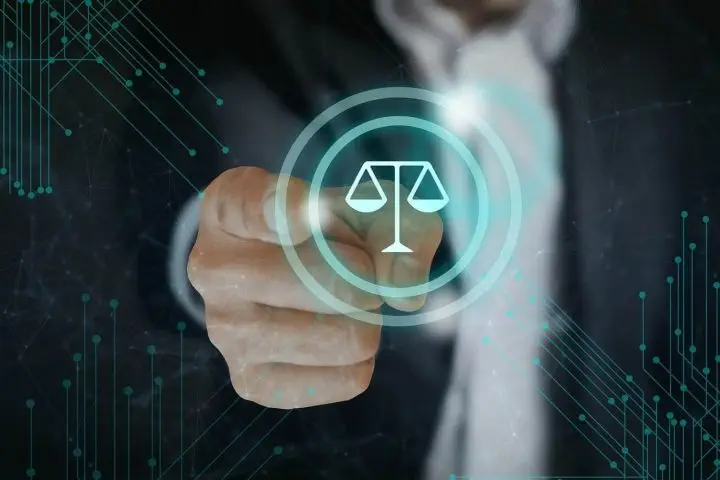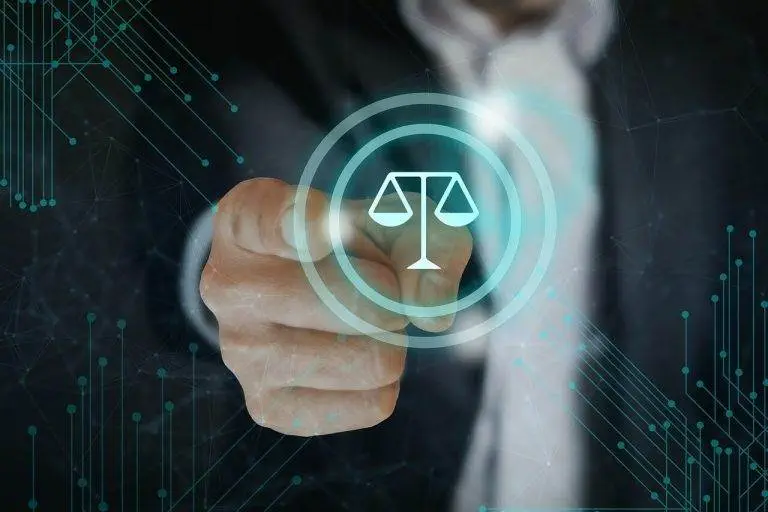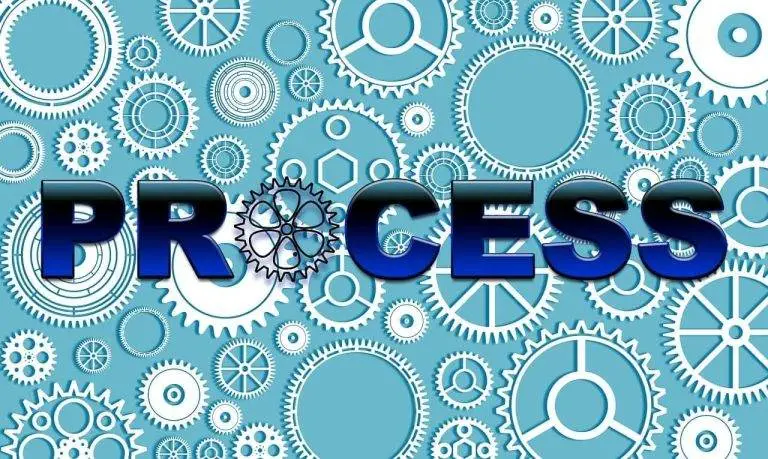Liquidators in Company Liquidations
Once a company is liquidated, the Master of the High Court appoints a liquidator. In essence the duty of the liquidator is to wind up the affairs of the insolvent company.
Creditors may nominate a liquidator, but the Master has the discretion in who to appoint.
Overview of a Liquidator’s Responsibilities In the Company Liquidation Process
Taking Control of Assets
The first step after a company liquidation as part of the liquidation process is for the liquidator to take control of all the company’s assets once he is appointed. Assets includes physical property, financial accounts, and any other resources owned by the company (not assets owned by the directors or shareholders or other parties). A company does not need to own assets to proceed with liquidation, but if there are assets, the liquidator will assume control of them. Directors can also repurchase these assets from the liquidator if needed.
Investigating the Company’s Affairs
A key responsibility of the liquidator is conducting a thorough investigation into the company’s financial situation and previous business dealings. This often involves gathering detailed financial information from the directors, allowing the liquidator to get a full picture of the company’s condition before managing its liquidation.
Selling or "Realizing" Assets
If the company has assets, one of the main duties of the liquidator is to convert these into cash, which will be used to pay off creditors. This process, part of the business liquidation process South Africa, ensures that creditors are paid according to a legally determined priority. The directors may make offers to purchase the assets back from the liquidator.
Managing Creditor Claims
The liquidator calls for claims from all creditors. During this phase, creditors must prove their claims, meaning they need to provide legal documentation, such as contracts or invoices, showing the company owes them money. Only claims that are successfully proven at these meetings are recognized.
Distributing Proceeds to Creditors
Once assets have been realized and creditor claims verified, the liquidator distributes proceeds to creditors based on the prescribed order of priority. In cases where the company has no assets, creditors may receive nothing. This is a common outcome in liquidation of companies in South Africa when assets are insufficient to cover debts.
Reporting and Communication with Stakeholders
The liquidator is required to submit regular reports to the Master of the High Court during the liquidation. At the end of the process, a final liquidation and distribution account is lodged. Once the account is accepted, the liquidation is finalized, and the company is deregistered with the CIPC.
Legal Representation
The liquidator may act on behalf of the company in legal proceedings, but this only happens if there are funds available, or if creditors, directors, or shareholders cover the legal costs involved. The liquidator may also cede legal claims to interested parties.
Voluntary Liquidation with SARS debt
The liquidator must notify SARS about the liquidation by filing a certificate of appointment. If SARS is listed as a creditor, they must follow the same process as other creditors to prove their claims against the insolvent estate.
SARS as a Preferent Creditor
other preferent creditors (liquidator cost, legal cost) in the payment order. Like other creditors, SARS must prove its claim, and if there are no funds left after secured creditors are paid or if there are no assets to be sold for proceeds, SARS also not get paid.
Liquidator's Other Duties When Liquidating a copmany
The liquidator has many other duties which are not discussed in this article. We can mention that part of his duty is report to the Master on progress. The Master must ultimately approve the final liquidation and distribution account that the liquidator will lodge. Once the Master approves the account, the liquidator’s work is complete and the company is finally deregistered at the CIPC.




